What is a medication overuse headache?
People who use acute pain-relief medicine for headache or migraine more than two or three times a week or more than 10 days out of the month can set off a cycle called ‘medication-overuse headache’ (MOH). It is also known as ‘rebound headache’.
This happens as each dose of pain-relief medicine wears off, the pain comes back, which leads to taking more medication. This overuse causes your medicine to stop helping your pain and actually start causing headaches. MOH can occur with both over-the-counter and prescription pain-relief medicines. Drugs that are associated with the development of chronic daily headaches include; caffeine, ergots, paracetamol, codeine and triptans.

The underlying mechanism leading to this condition is still unknown. Lots of factors such as genetic predisposition or behavioural and environmental factors have been reported to trigger and maintain these headaches.
Treatment
The only way to treat MOH and break the vicious cycle is to stop taking pain-relief medication. The withdrawal process is very individualised and may depend on the types of medication you were taking. Your consultant will create a treatment plan tailored to your specific needs and requirements. Depending on the type of medication you are taking you may be able to stop taking it immediately, or cut down gradually.
On stopping the overused medication, the headaches may get worse for a while. Other side effects include feeling sick, anxious, irritable and sleeping badly. This may last for two weeks, but can be longer for some people.
How to prevent a medication overuse headache It is recommended that patients follow the ‘two days a week’ rule, in essence, not taking any of painkillers or triptans for more than two days a week. In general, any patient who has frequent headaches or migraine attacks should be considered as a potential candidate for preventative medications instead of being encouraged to take more painkillers or other rebound-causing medications.
Preventative medications are taken on a daily basis, the time period these need to be taken for varies from person to person. Some may only require them for a few months, others may be taking these medications for many years. Many medications such as anticonvulsants, antidepressants, antihypertensives and antihistamines have been shown to be effective preventative medications.
This article is intended to inform and give insight but not treat, diagnose or replace the advice of a doctor. Always seek medical advice with any questions regarding a medical condition.
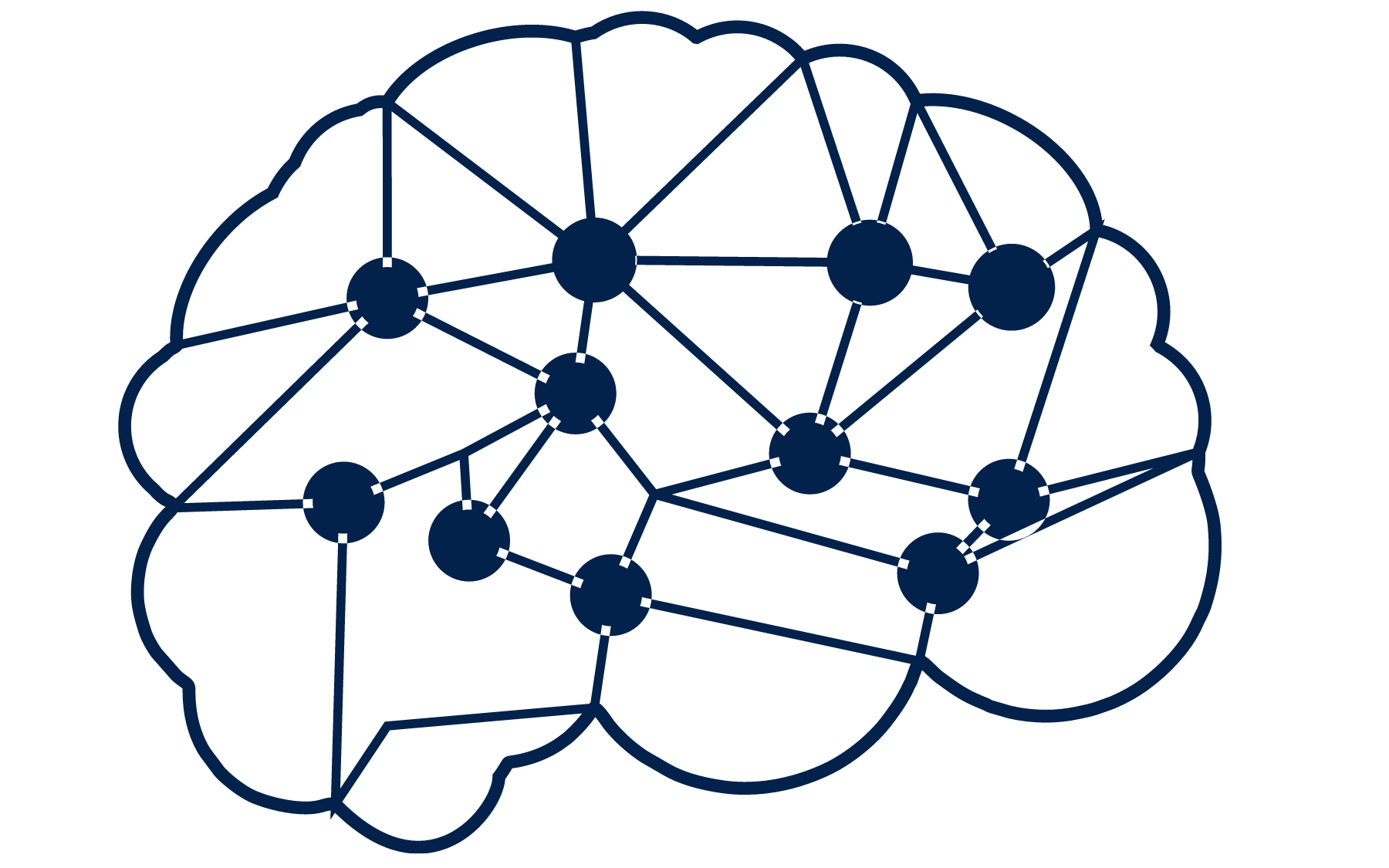
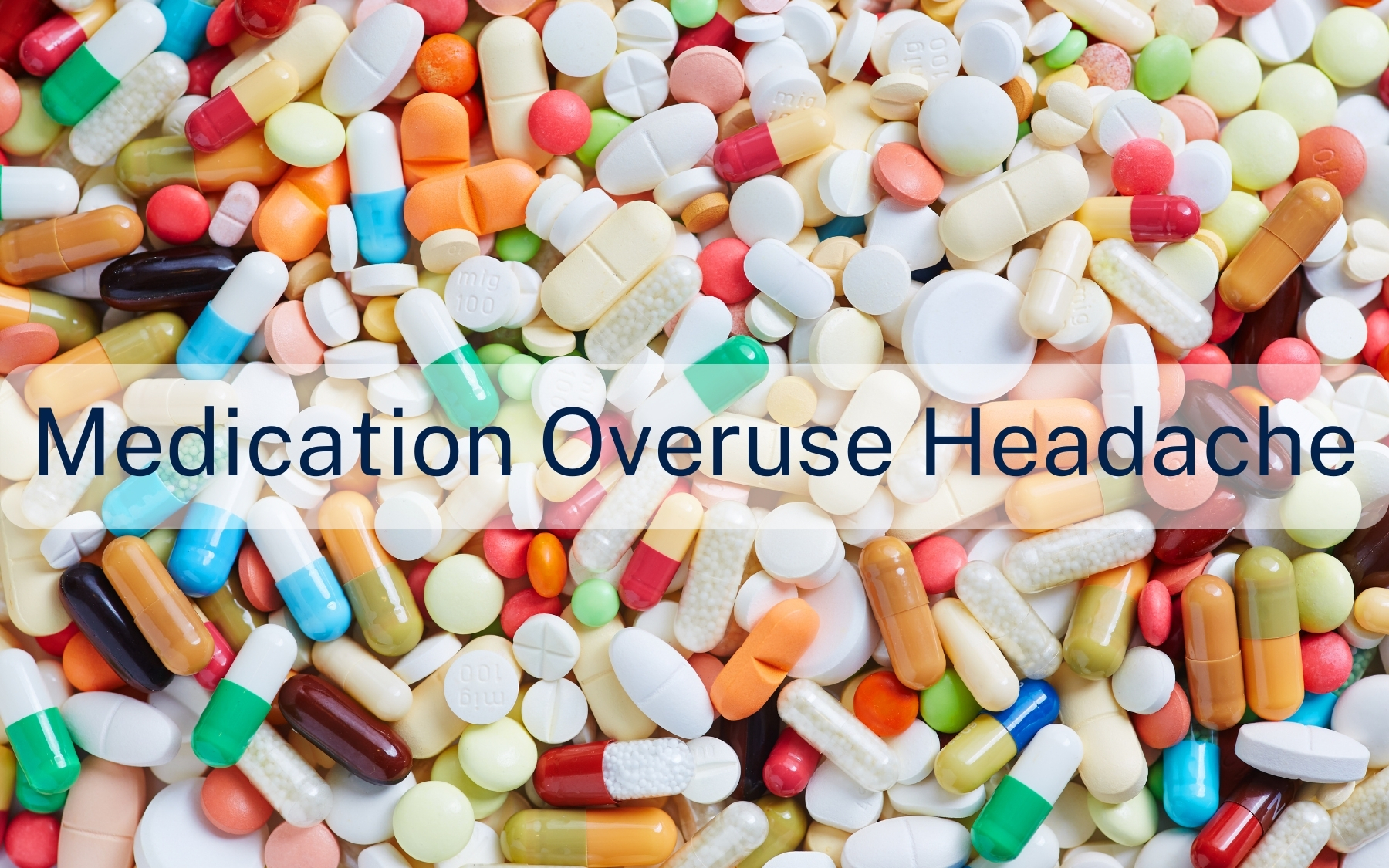
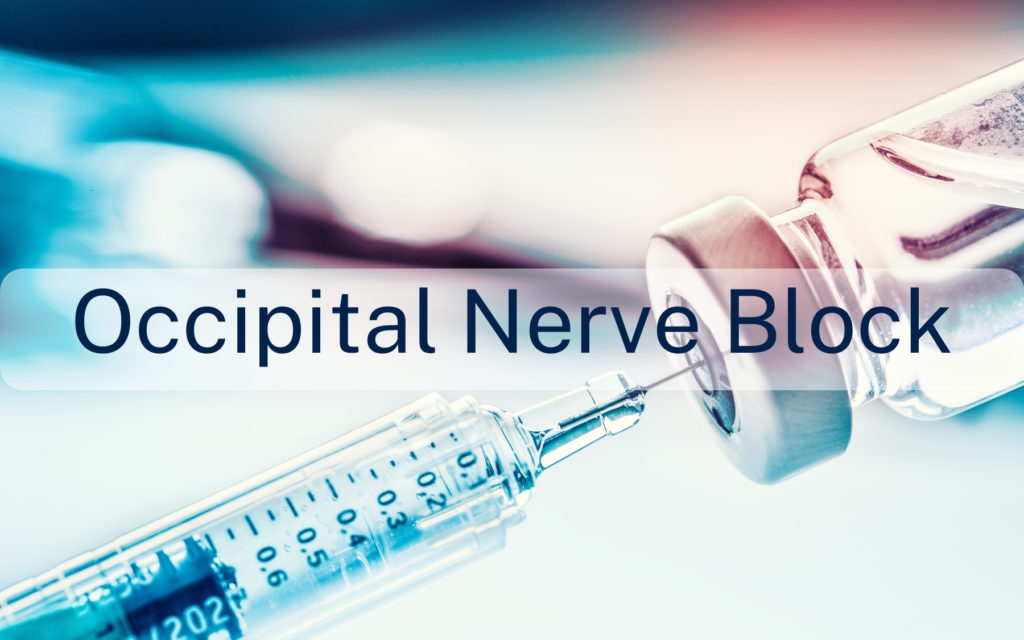
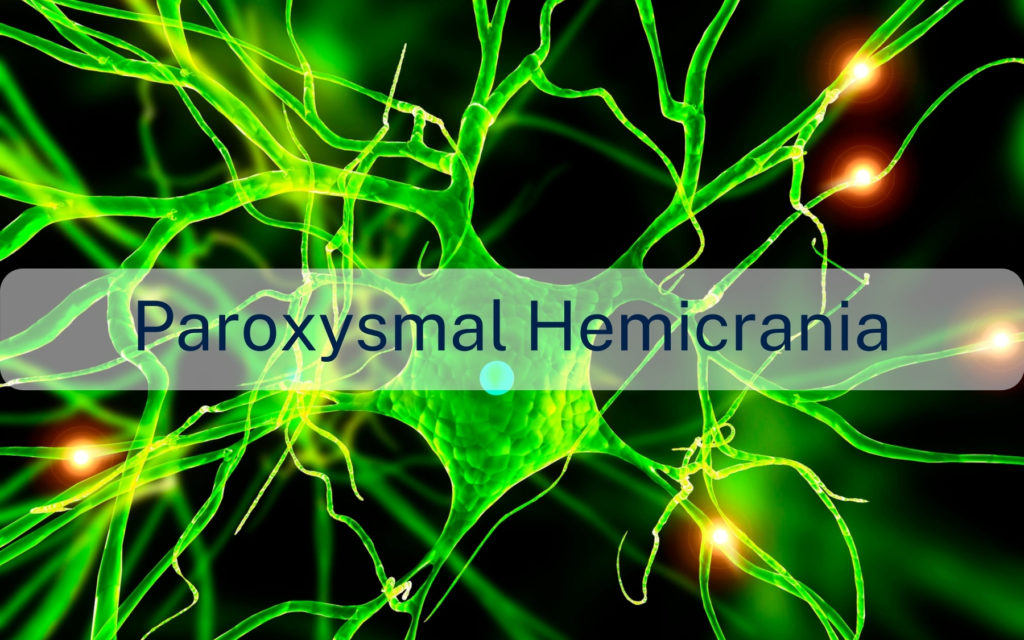

0 Comments